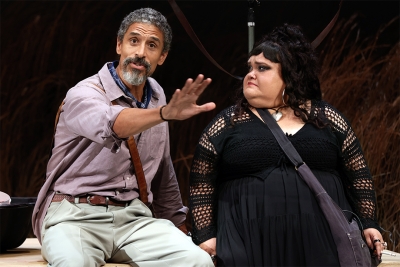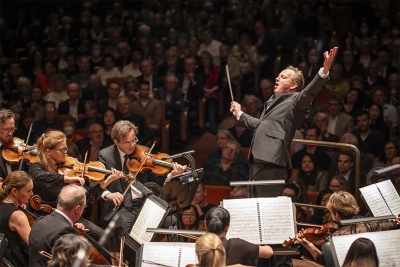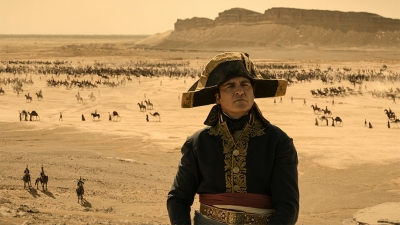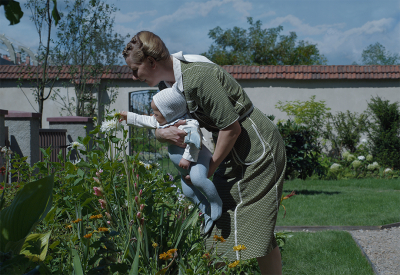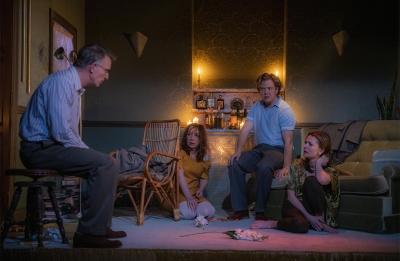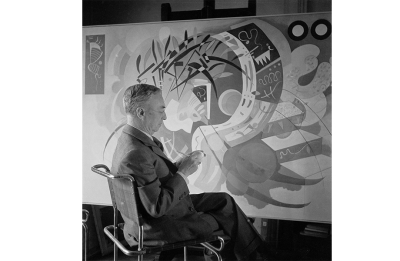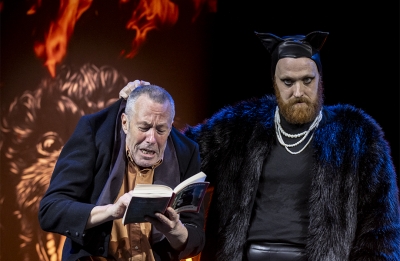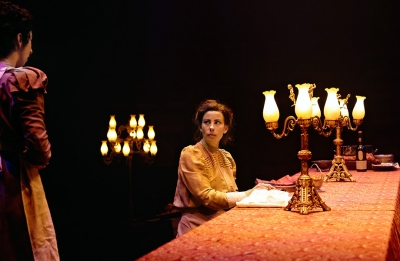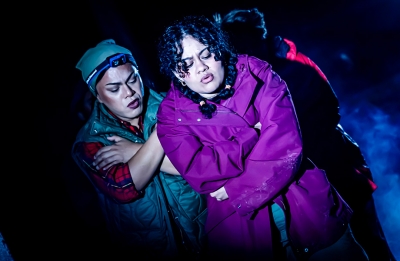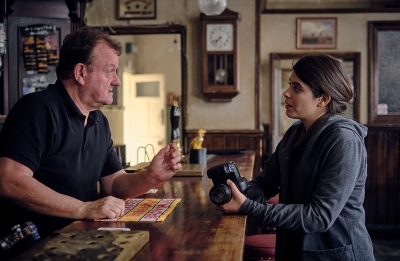Recent reviews
Film | Theatre | Art | Opera | Music | Television | Festivals
Welcome to ABR Arts, home to some of Australia's best arts journalism. We review film, theatre, opera, music, television, art exhibitions – and more. To read ABR Arts articles in full, subscribe to ABR or take out an ABR Arts subscription. Both packages give full access to our arts reviews the moment they are published online and to our extensive arts archive.
Meanwhile, the ABR Arts e-newsletter, published every second Tuesday, will keep you up-to-date as to our recent arts reviews.
Recent reviews
The setting is a country property somewhere in parched wheatbelt Australia. It is a four-hour drive from the city, with patchy phone reception. In Andrew Upton’s adaptation of Chekhov’s The Seagull, the character’s names remain the same, but we find Irina, Constantin, and Boris et al. in twenty-first-century Australia, dealing with mozzies and moaning about the internet, or lack thereof.
... (read more)Along with Beethoven, Schubert, and Bruckner, Gustav Mahler wrote nine symphonies. For each composer there was an incomplete, or unrecognised, tenth symphonic essay, which diligent musicologists have attempted to flesh out into meaningful ‘continuity scores’ or reconstructions. Mahler was barely fifty when he completed his Ninth Symphony and dared to tempt the fates with a Tenth; the growing seriousness of a heart complaint, however, meant that death, already a frequent visitor to earlier works, was never far from his mind. He died in 1911, not having heard in performance any of his Ninth (1909–10), his incomplete Tenth (1910–11), or his Das Lied von der Erde (Song of the Earth, 1908–9) – some four hours of his most moving music, much of which remained under-exposed for four decades until the ‘Mahler renaissance’ started in the 1950s.
... (read more)Ridley Scott’s Napoleon Bonaparte is petulant, over-confident. He likes to make animal noises and is often ill at ease. He is deeply infatuated with his wife. He can fall asleep at crucial moments. His ambitions are boundless, his limitations often comical. He’s very into cannons. He combines the extraordinary and the extremely ordinary in disconcerting ways.
... (read more)In Martin Amis’s novel The Zone of Interest (2014), Auschwitz Commandant Paul Doll asserts that to meet the objectives of the Reich it is necessary to ‘shut down a certain zone of the mind. I must accept that we have mobilised the weapons, the wonder weapons, of darkness.’ Doll is not a man seeking to absolve himself. Rather, he attempts to explain his dilemma, lamenting not so much the moral nightmare into which he has been thrust, but the bureaucratic one: how to balance the Reich’s need to exploit the prisoners for their labour with the desire to eradicate them as quickly and efficiently possible? ‘The Christian system of right and wrong, of good and bad,’ he muses, ‘is 1 we categorically reject … There are only positive outcomes and negative outcomes.’
... (read more)Since its sensational début on Broadway more than sixty years ago, Edward Albee’s Who’s Afraid of Virginia Woolf? has become an enduring classic of the modern American canon. Its depiction of warring middle-aged couple Martha and George, and their drawing of young couple Honey and Nick into the gravitational field of the savage, alcohol-fuelled contretemps their marriage has become, remains a perennial favourite of the English-speaking theatre. Like moths, actors of a certain vintage are drawn to its bright flame, which shone never more brightly than in the superlative 1966 film adaptation directed by Mike Nichols, with Elizabeth Taylor and Richard Burton in the starring roles.
... (read more)We can all be grateful for Kandinsky, this summer’s main exhibition at the Art Gallery of New South Wales. It is a strong and balanced show by the most influential among the early practitioners of modern abstract art. There are four main collections of Kandinsky’s work worldwide, but the strongest one belongs to the Solomon R. Guggenheim Museum in New York. It was formed from the late 1920s by Baroness Hilla von Rebay, a German artist advising one of America’s richest men, the Philadelphian-born mining magnate Guggenheim. Friends of the artist, in 1939 they founded the Museum of Non-Objective Painting, whose collections, two decades later, were housed in the celebrated spiral building designed by Frank Lloyd Wright.
... (read more)Don’t contradict strange gentlemen. Take special care around the George Street light rail. Watch out for flying pigs. Treat any black cat you might meet with caution, especially ones that speak to you. Woland and his satanic crew have taken up residence at Belvoir.
... (read more)Ella Hickson’s centuries-spanning epic Oil was first staged at London’s Almeida seven years ago. It has already been tackled by Australian companies, and Sydney Theatre Company’s production (directed by Paige Rattray) is able to draw on several local actors with recent experience in their roles. WA’s Black Swan mounted the play in 2022 (featuring Violette Ayad), and Red Stitch in 2019 (with Jing-Xuan Chan).
... (read more)Somewhere on West 24th Street in the early 2000s, Susan Sontag asked Terry Castle whether Virginia Woolf was a ‘great genius’. Castle agreed emphatically before offering a tongue-in-cheek follow-up: ‘Do you really think Orlando is a work of genius?’ Sontag’s response was quick and admonishing. ‘“Of course not!.” she shouts, “You don’t judge a writer by her worst work! You judge her by her best work!”’
... (read more)According to the Palestinian-American literary critic Edward Said, when some artists, musicians, and writers enter the last period of their lives, the sense of their own ending (whether from old age or ill health) occasions a change in their craft, a kind of ‘new idiom’ that he calls ‘late style’. While we might intuitively tend to think of old age bringing a sense of ‘reconciliation and serenity’, of ‘harmony and resolution’ to an artist’s portfolio, Said is more interested in those artists for whom the end actually marks a turning point, a shift towards ‘intransigence, difficulty and contradiction’.
... (read more)
